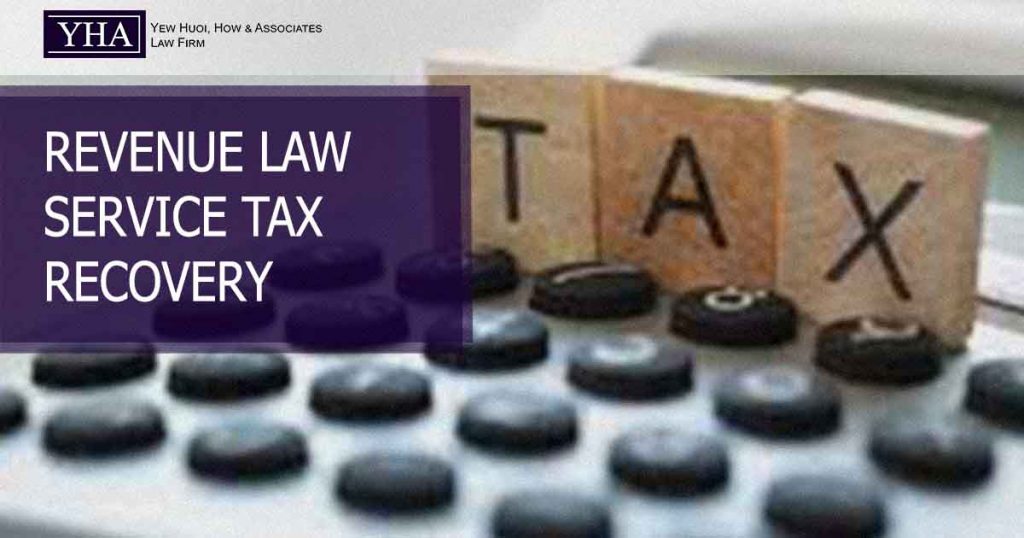In brief
- In general, service tax is a consumption tax levied and charged on any taxable services (including digital services) provided in Malaysia by a registered person in the course of his business, as well as any imported taxable services acquired by any person doing business in Malaysia, and finally any digital services provided to a Malaysian consumer by a foreign registered person.
When does a person who is engaged in the business of delivering a taxable service become a taxable person?
- The plain reading of the Service Tax Act Regulations 1975 shows that whether or not a person is a taxable person is determined by whether or not the person was carrying on a business providing the taxable service and met the threshold set forth in the Group for that taxable service in the Second Schedule of the STA Regulations 1975. If the person answers yes to both questions, he or she is a taxable person. Furthermore, a “taxable person” under Group C of the Second Schedule of the STA Regulations 1975, is a restaurant located outside a hotel that provides or sells, among other things, food and beverages and has an annual turnover of more than RM3 million.
For example: In the case of Restoran Wong Solo (Shah Alam) Sdn Bhd & Ors v Kerajaan Malaysia [2022] 7 MLJ 381, the first appellant argue that he did not apply for a licence and was not licenced under the Service Tax Act 1975, it was not a taxable person under the Act. However, it was held that the first appellant operates a restaurant located outside a hotel providing or selling food and drinks and the annual sales turnover was more than RM3m. Therefore, pursuant to S.3 of the STA 1975, reg 3 of the STA 1975 and Group C of the Second Schedule of the STA 1975, the first appellant once it reaches the threshold of RM3m, becomes a taxable person.
Is it possible for the respondent to only collect service tax owed and payable from a taxable person once the person has been convicted of a violation of the STA 1975?
- Any service tax due and payable, as well as any penalty or surcharge payable under this Act, may be collected as a civil debt owed to the government, according to Section 15(1) of the STA 1975. It gives the respondent the right to collect any service tax that is owed to him as a civil obligation. It allows the respondent to sue the taxable person in civil court to recover the service tax that is owed and payable. Therefore, it would be a criminal offence for any person who, among others, fails, or refuses to comply with the requirements in S.7, S.7A, S.8, S.10, S.10A, S.11, S.12, S.14 or S.19 of the Act stated under S.29 of the STA 1975.

